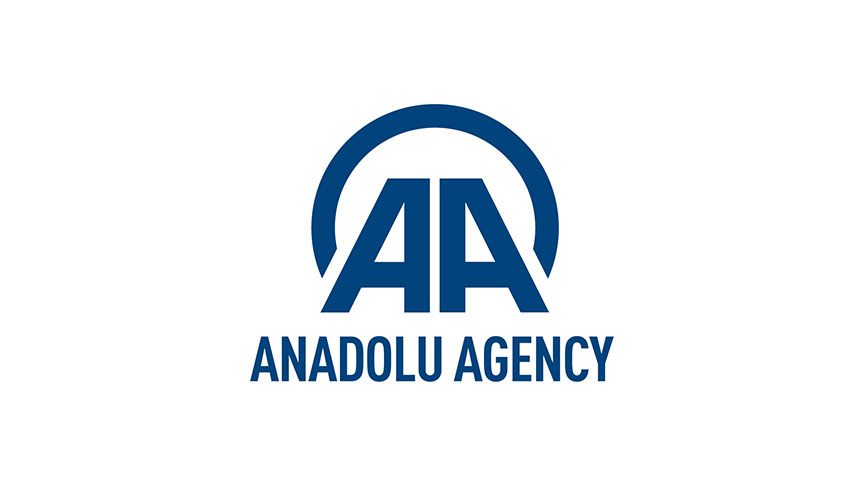Relations between Russia and Turkey have normalized
The High-Level Russian-Turkish Cooperation Council meeting on Friday in Moscow could be seen as the end to the “normalization” process between the two countries since the jet crisis in November 2015.
The lifting of restrictions against Turkish citizens, companies and agricultural products were anticipated at the meeting, which was attended by leaders of both countries and many ministers and other officials.
An announcement made prior to the meeting, which revealed that restrictions on Turkish onions, salt and broccoli would be removed, raised hopes that the list of un-sanctioned products would be substantial by the end of the talks.
However, this was not the case, as by the end of the meeting, it was understood that sanctions against Turkish products, particularly tomatoes and cucumbers, were to remain.
Sanctions against the importation of Turkey’s agricultural products is seen as part of Russia’s goal to improves its own agricultural industry. Therefore, sanctions on these products are expected to remain at least until the end of this year.
The only solid achievement from the meeting for Turkey was President Vladimir Putin’s announcement that restrictions against Turkish citizens and companies would be removed “soon.”
It is unknown as to when Putin will sign the decree that will remove the restrictions, however on speaking with Russian journalists in the Kremlin, it is anticipated that Putin’s announcement means the decision will be applied “very shortly.”
The announcement of the memorandum on the $1 billion Russian-Turkish investment fund along with news that 2019 would be a year of culture and tourism between the two countries were noteworthy.
Turkish President Recep Tayyip Erdogan summarized that from the meeting on Friday, relations between the two countries should no longer be called a normalization process, and the two regional powers should now focus on taking relations to the next level.


